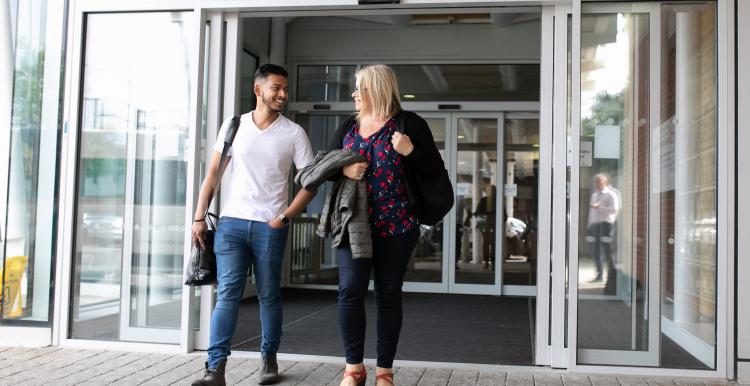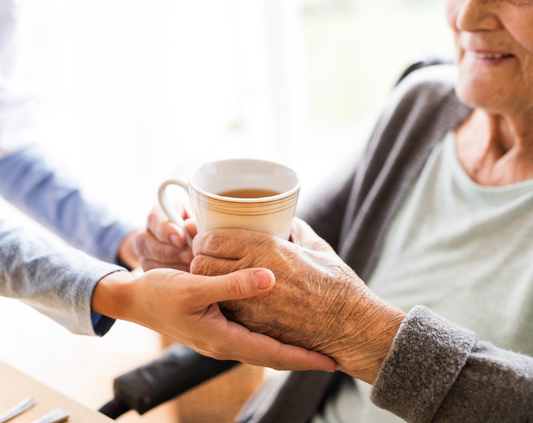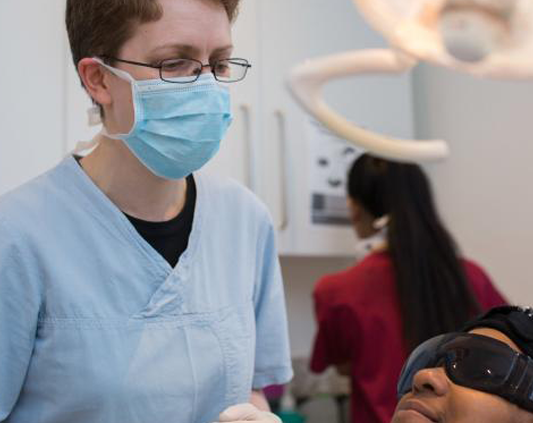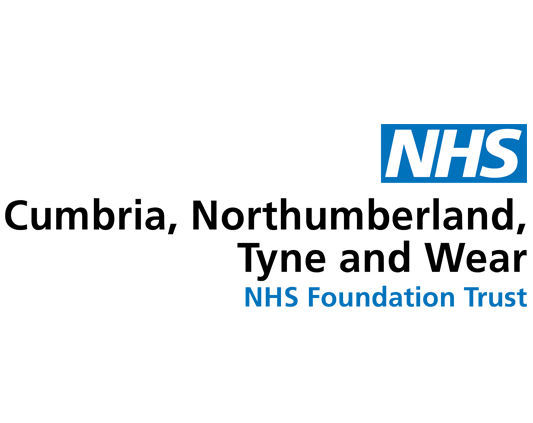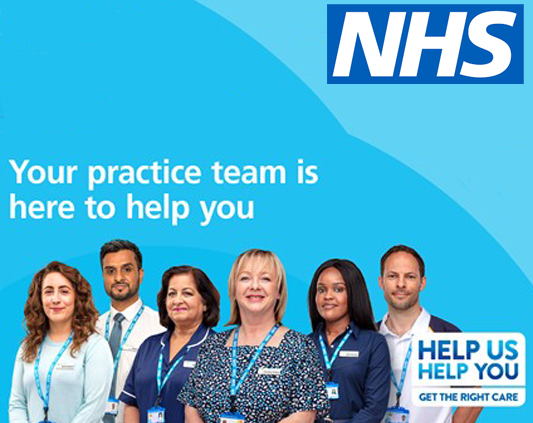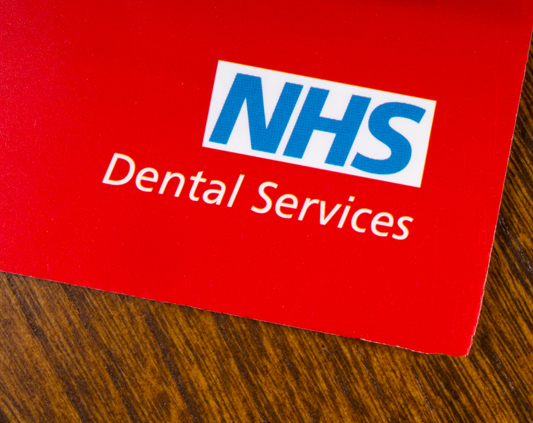‘Because We All Care’ – tell us what you think about services
Healthwatch England has launched #BecauseWeAllCare with the Care Quality Commission to help improve care by encouraging everyone to share their experiences of health and social care services.
Public feedback helps spot what is working well and what could be better. With services working to respond to the COVID-19 pandemic and deal with a backlog of care, people’s views have never been more important.
New research from the Care Quality Commission highlights the impact lockdown measures have had on the wellbeing of people who use care services:
- Nearly three-quarters of carers (73%) say that the COVID-19 lockdown restrictions have impacted on the mental health of the person they care for.
- Over half (56%) of carers say that the COVID-19 lockdown restrictions have impacted on the dignity and independence of the person they care for.
The research also found that throughout the pandemic, care was most commonly impacted by:
- Increased waiting times for appointments and procedures (49%)
- A lack of resources and equipment (24%)
With just 17% of people in England expecting services to improve in the next 12 months, we are calling for you to feedback on the services you use as a crucial way to improve their quality.
Sir Robert Francis QC, Chair of Healthwatch England, said:
“Since the outbreak of the COVID-19 pandemic, public feedback has played an important part in helping the NHS and social care services spot and respond to issues caused by the virus.
“As we continue to live with the pandemic, the NHS continues to face huge pressures across the whole system. NHS staff are grappling with many difficulties, including increased COVID demands, while trying to tackle the backlog in elective care and diagnostics that the pandemic had made so much worse.
“It is important that this is managed as well as possible, to make sure that the risks and distress to patients are minimised. That’s why it is vital people have the opportunity to share their views and experiences of care whether they have needed treatment for COVID-19 or other illnesses. Their feedback will help services understand both key national and local issues and the steps they can take to serve patients better.”
So, if you’ve recently used a GP, dentist, hospital or other care service, let us know your experience and help improve care for everyone.

